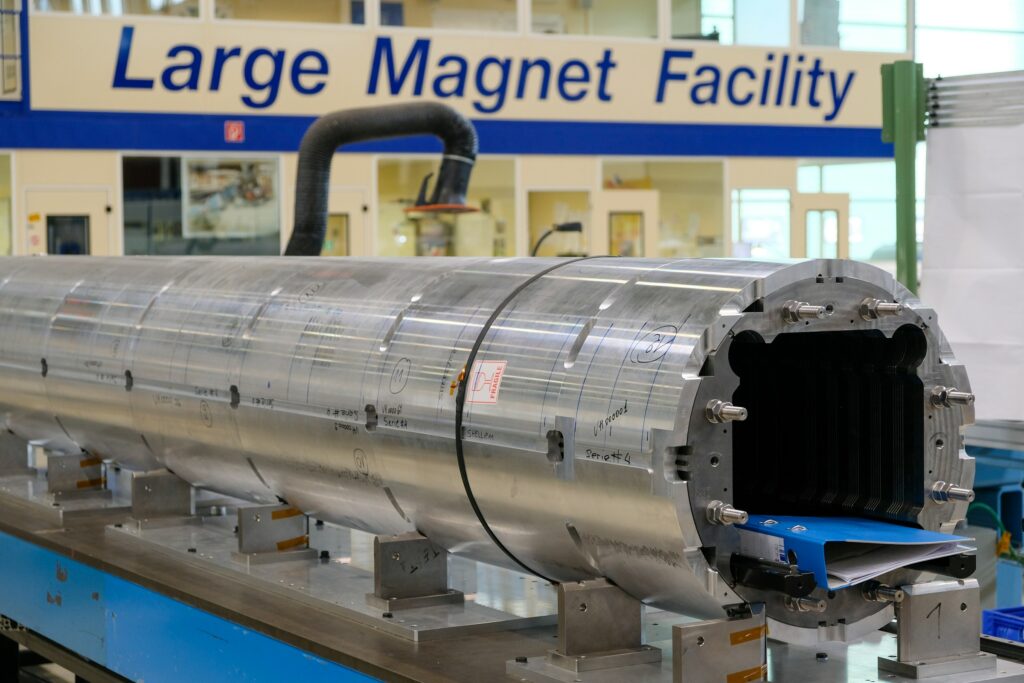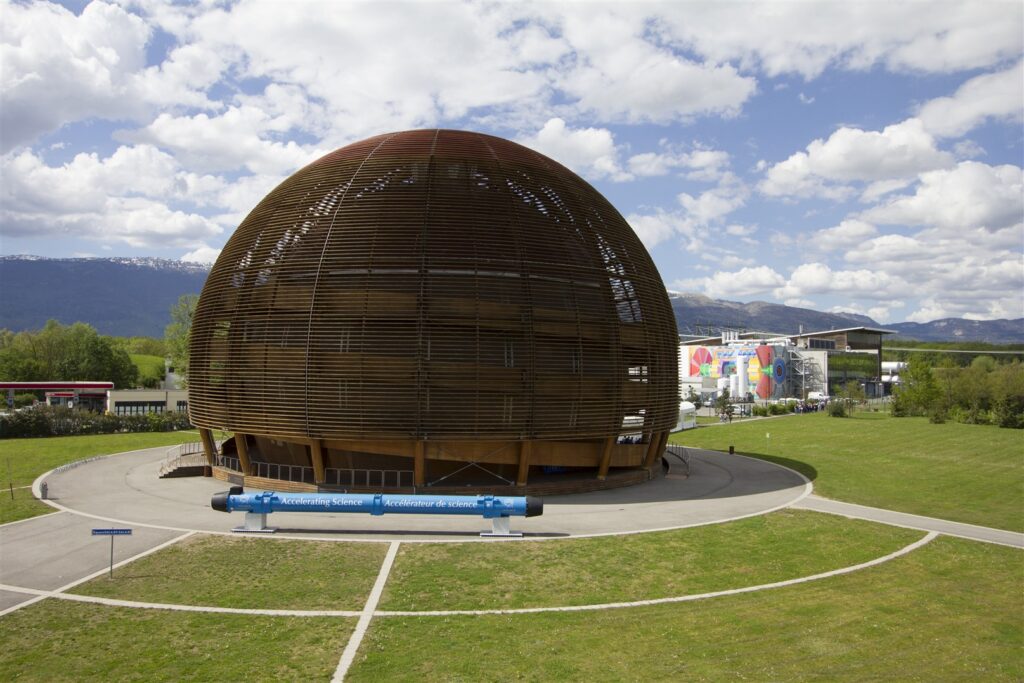The members of the European Organisation for Nuclear Research – known as CERN – at meeting in Geneva, Switzerland, on 22 March, voted to admit Estonia as a full member.
The full membership will expand opportunities for Estonian companies, researchers and students to participate in cutting-edge research and development through student internships, organisational work and procurement.
“CERN’s industrial procurements are high-tech, and by working with CERN it is possible to develop new skills, products and technologies, helping to bring excellence to business. The requirements for these procurements are high, and given CERN’s global reputation, participation is a strong reference and quality mark for exporting companies,” Tiit Riisalo, the Estonian economic affairs and IT minister, said in a statement.
As a full member of CERN, Estonia will have voting rights in the CERN Council, the CERN Finance Committee and the CERN Science Policy Committee.
Through the CERN Council, Estonia will be able to participate in CERN’s decision-making processes and in the management of the organisation, including the planning and decision-making on new research programmes and experiments. Estonian companies will also be able to participate in international industrial procurement without any thresholds, and Estonian citizens will also be able to apply for jobs and traineeships in the organisation without any thresholds.

Opportunities for Estonian companies
The number of Estonian companies registered in CERN’s procurement database has increased from 13 to 59 in two years. Harju Elekter, an Estonian electrical equipment manufacturer, has so far won the only contract worth more than €1 million, but other CERN suppliers include IT company Helmes, electrical equipment manufacturer Estel, Radius Machining and Miltton Events.
For Estonia’s full membership of CERN to come into effect, the decision of the full members of CERN still requires national approval by both the government and the parliament.
CERN is an international scientific organisation established in 1954 by 12 founding members. Today, CERN has 23 members, plus 10 associate members (including Estonia) and observer members, including the US and Japan. Its aim is to ensure cooperation between European countries in the field of nuclear research. CERN’s main activities are research in high-energy physics and the development of the necessary technology, including information technology. CERN also trains students, scientists and engineers.

